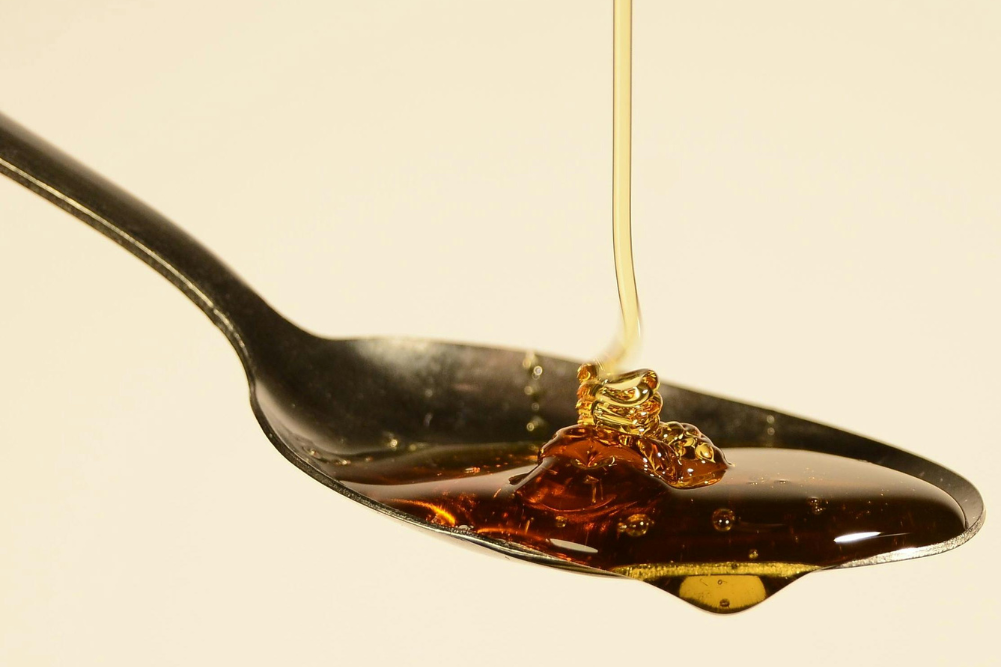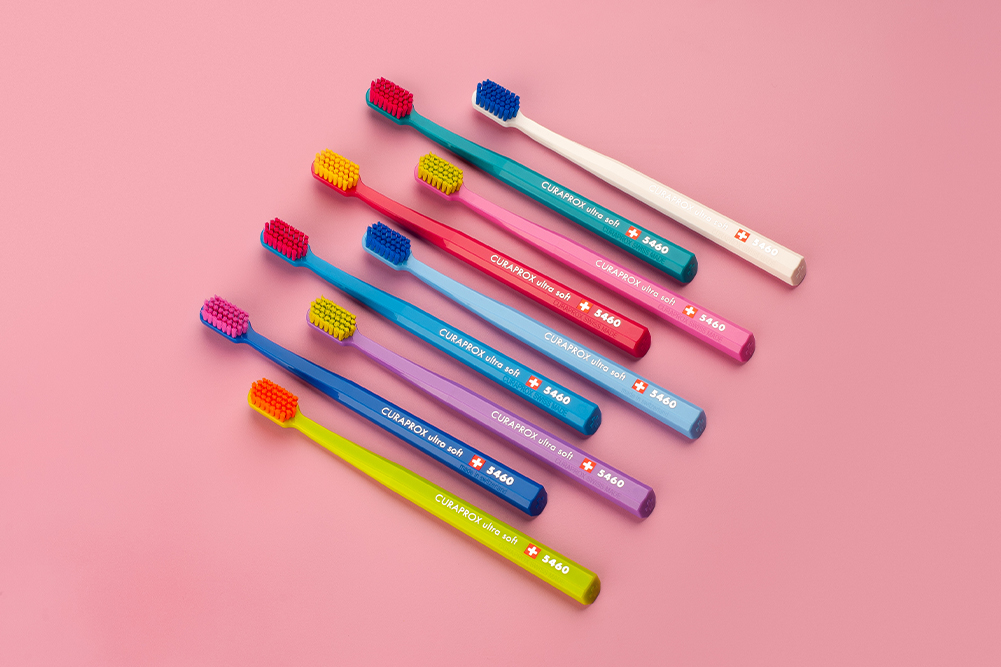A Q&A with Dan Etherington, founder of Kokonut Pacific
We speak to Kokonut Pacific founder Dan Etherington, who takes us through the process of cold-pressing sun-dried coconuts to produce quality virgin coconut oil.
What was your initial vision for Kokonut Pacific? Has that changed over time?
We established Kokonut Pacific (KP) in November 1994. Five friends wanted to assist financially in the research and development of a simple process I had discovered while working as an agricultural economist at the Australian National University. The process would enable smallholder coconut farmers to produce coconut oil themselves on the farm rather than have to make copra, which had to be exported for processing into oil.
We knew that coconut oil could be used directly as a fuel in diesel engines and that it was also a prime ingredient in soap making. Given the very high cost of imported fuel (and soap) in remote Pacific islands, the initial focus was on import substitution.
We did not realise just how good the quality of the oil would be when it was produced so quickly on the farm. Unlike the industrialised production of copra oil, which had to be refined, bleached and deodorised (RBD) to make it edible, the farm-produced oil had a pleasant flavour and aroma. This was indeed virgin coconut oil (VCO). We named the process Direct Micro Expelling (DME) to reflect its speed and small size.
What was the driving factor behind the business?
The five investors wanted to help Pacific islanders and needed a viable, sustainable vehicle to do this. A standard profitable company format was the obvious choice. The distinctive feature of the business is that the investors did not look at KP as a source of personal income, so no dividends would be paid. KP had to be profitable to be sustainable. Profits would be ploughed back into the company, effectively making it a social impact investment right from the start.
Please share your wife Maureen’s role in the business.
Maureen has been a devoted and enthusiastic supporter of the whole development process. She is a remarkable woman with deep faith, sharp intellect, a questioning mind and attention to detail, but with a willingness to undertake the most menial of tasks if that is what is required. She was a founding director but stood aside when we brought in more independent members to the board of directors.
Please take us through the method for cold-pressing coconut oil from sun-dried coconut.
The key features of the DME process are the grating of the flesh out of fully mature coconuts as soon as the coconuts are cracked in half. The small sizes of the grated pieces of coconut mean that the drying can be done very quickly in a solar or other suitable dryer. Also, the drying does not have to be as complete as with desiccated coconut. A small amount of moisture allows the oil to be expelled with low pressure. The low pressure has allowed us to develop the simple manually operated press that is critical to the DME process.
How is the technology helping to protect fragile tropical reefs and rain forests?
Coconut palms preferentially grow along tropical coasts. Therefore, by definition, they form a fringe between the sea with its reefs and the hinterland hills and mountains with their rain forests. Coconut is often called the “tree of life” because it is long-lived (60+ years). It produces a new bunch of nuts every month throughout the year and so is not seasonal. Its nuts give fibre, shell and food; its fronds provide shelter (thatch and matting); it is resilient and can survive cyclones and tsunamis. Most importantly, though, it provides regular sustenance and incomes, which encourage villagers to protect their reefs and forests.
Please share something we don’t know about coconuts.
Many people do not recognise that each new inflorescence of coconut blossoms can be “tapped” to produce sweet nectar on a daily basis. This nectar can be rendered down to make coconut syrup or sugar. If the tapping is stopped after about six months, in the next six months the palm will form more female flowers so that the total yield of nuts can recover to about the regular annual yield.
What has been a challenging moment of growth?
In order to plan for a sustainable new VCO industry in the Solomon Islands, KP undertook to buy all the VCO of export quality that our local partners produced and could not sell locally. This worked well during the growing awareness in the international market of the many uses of this lovely and versatile oil. But severe competition arose from large Asian desiccated coconut factories, reducing prices significantly. This has made it difficult to compete from remote Pacific islands, where shipping is less frequent and very costly.
What has been a rewarding moment?
The smiles on the faces of a family pressing out their own coconut oil for the first time.
What are your three top tips for improving health and wellness?
- Regular consumption of oils rich in medium-chain fatty acids.
- Drink plenty of water.
- Don’t neglect sleep.
What’s next for Kokonut Pacific?
We want to promote the residual coconut meal (after the oil has been extracted) as a regular nutritious food in the islands. We will also be bringing coconut-milk powder to the market very soon.








